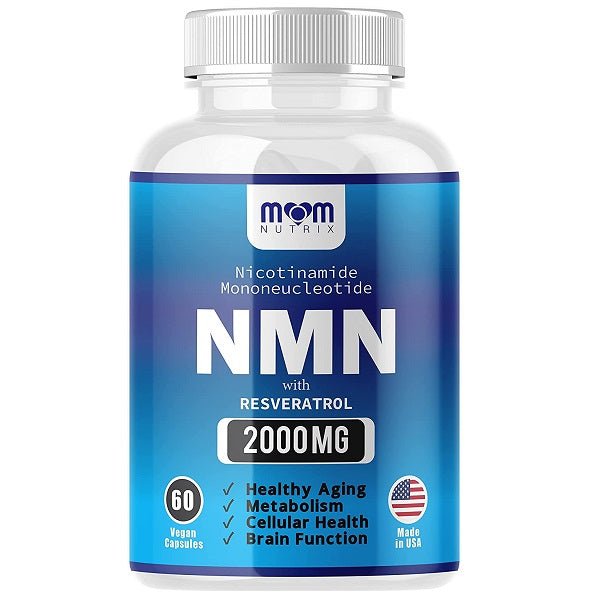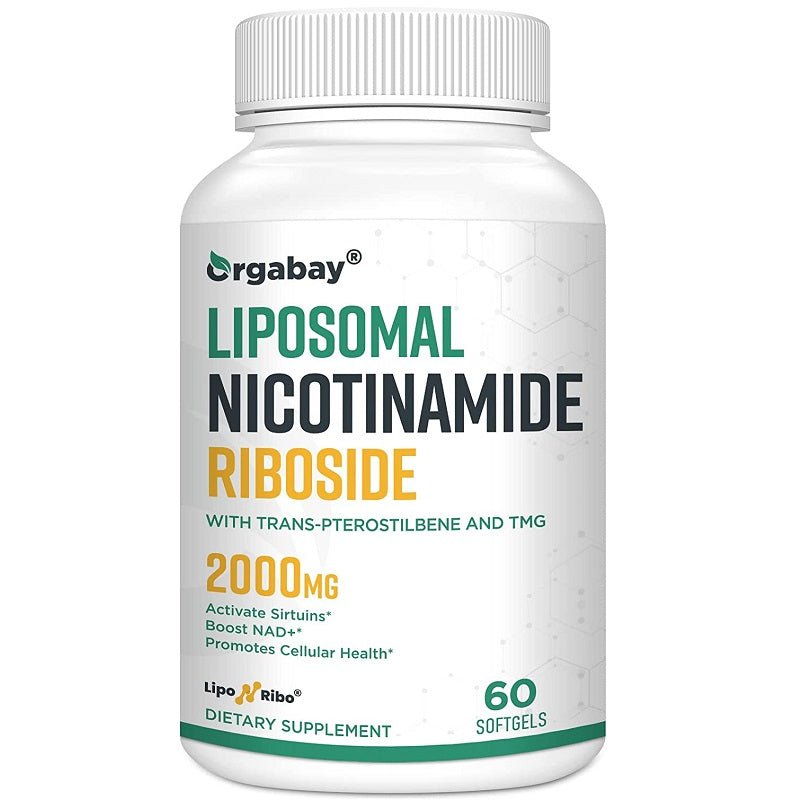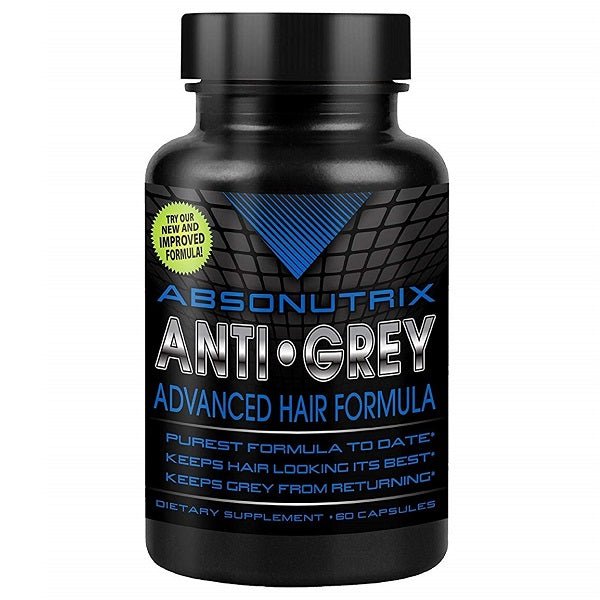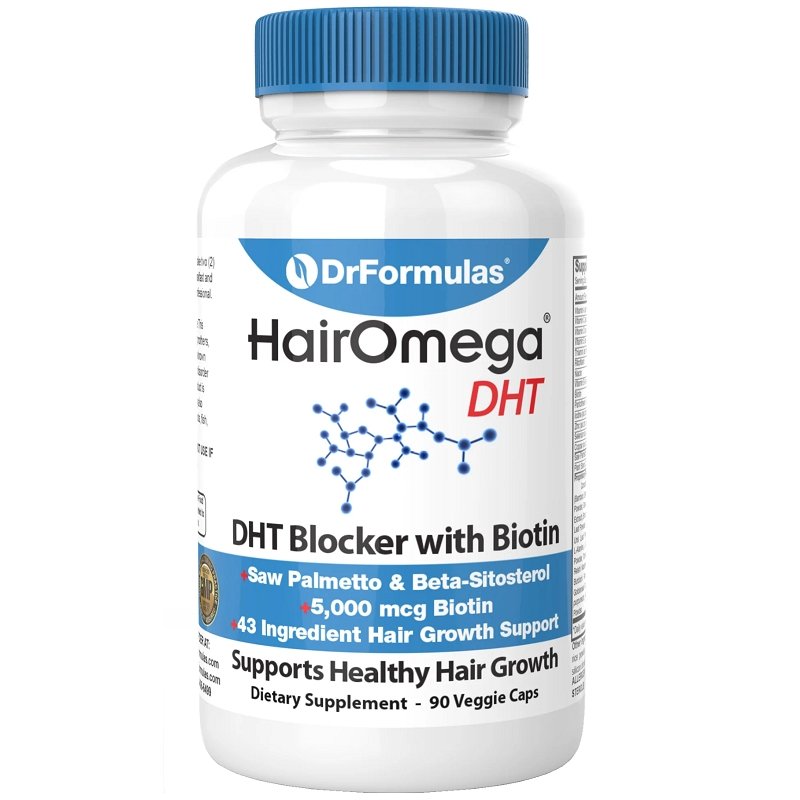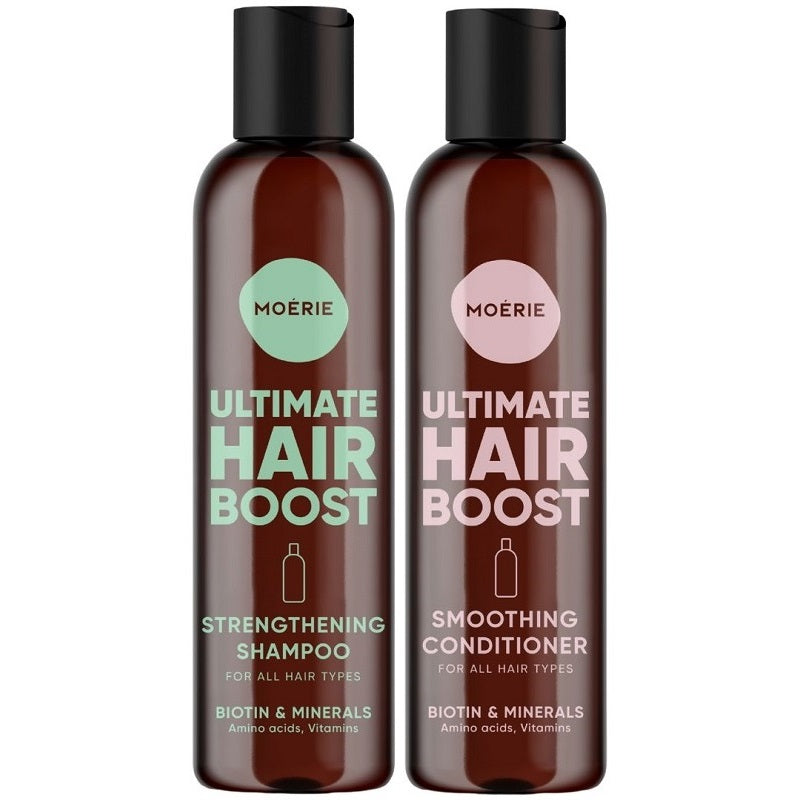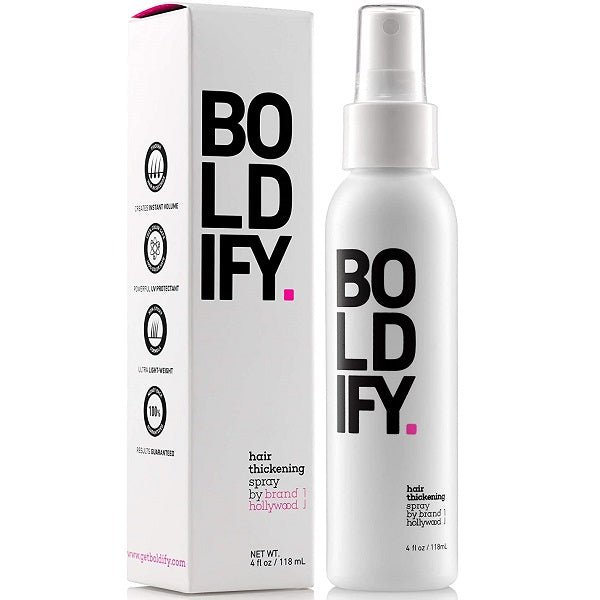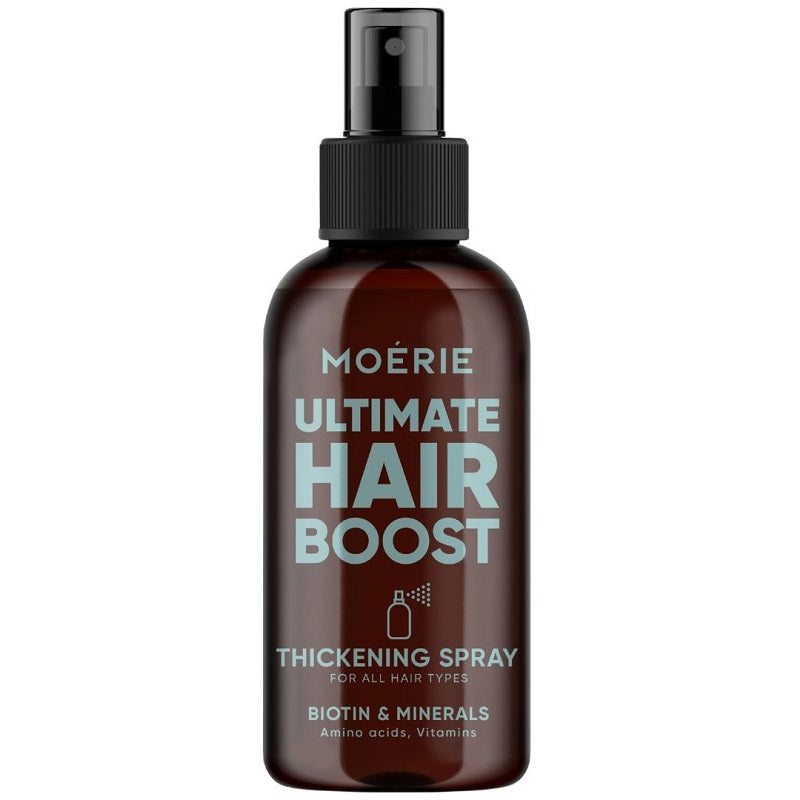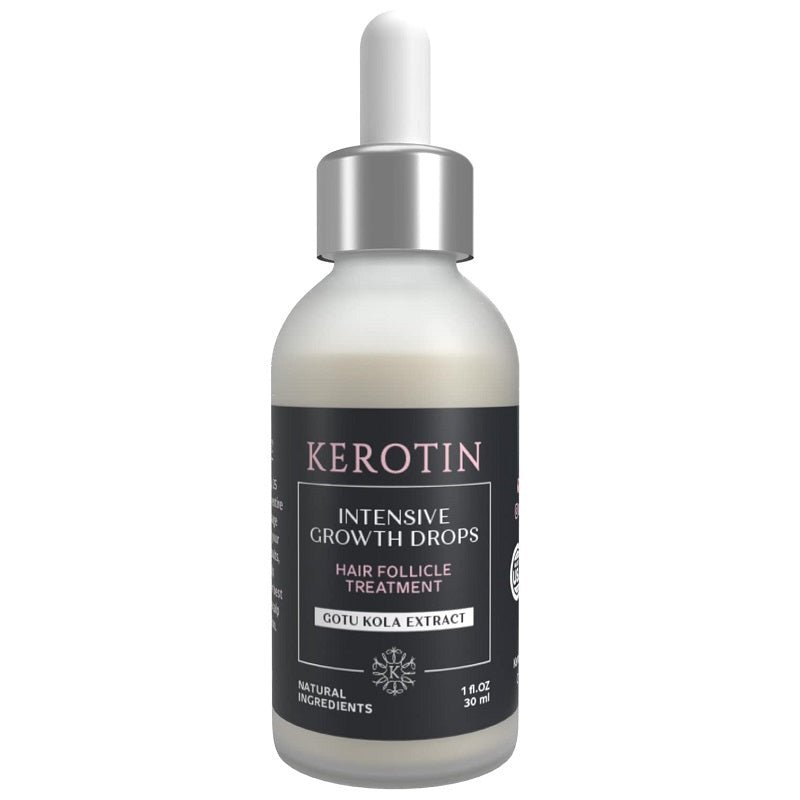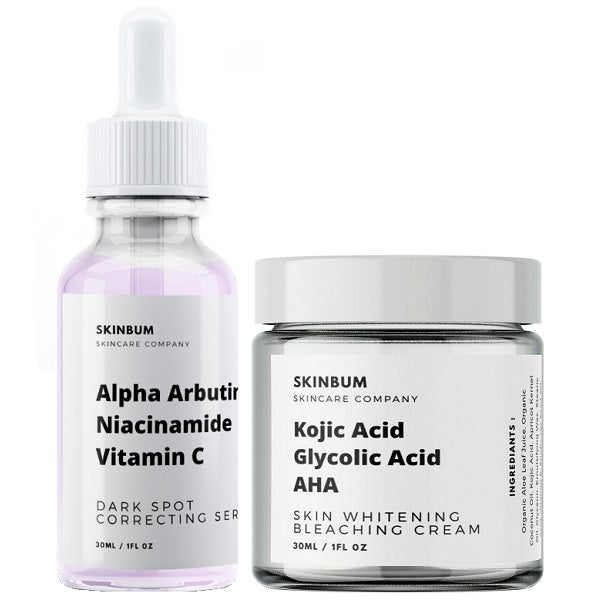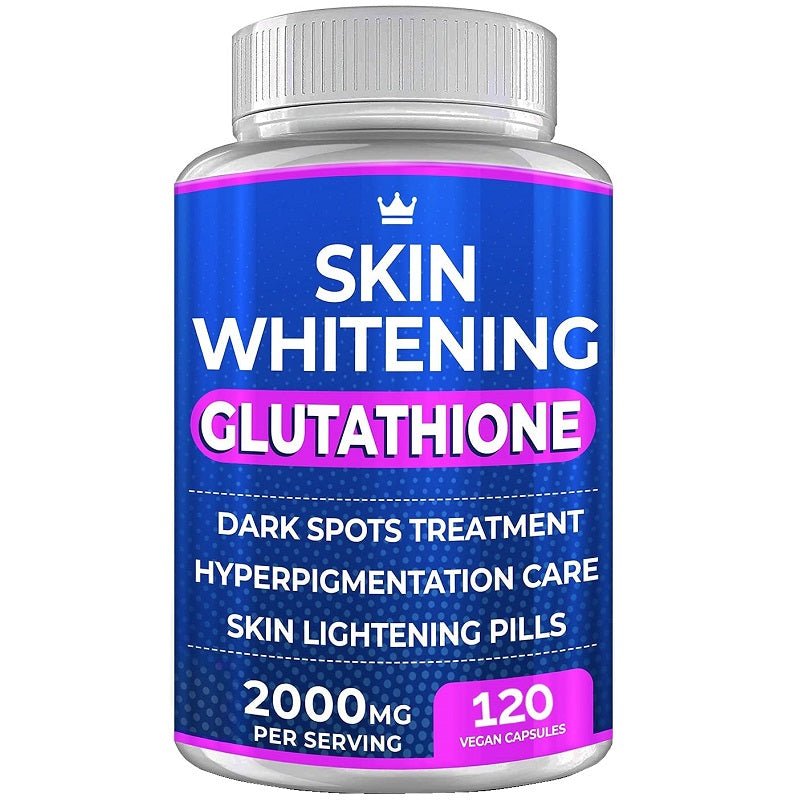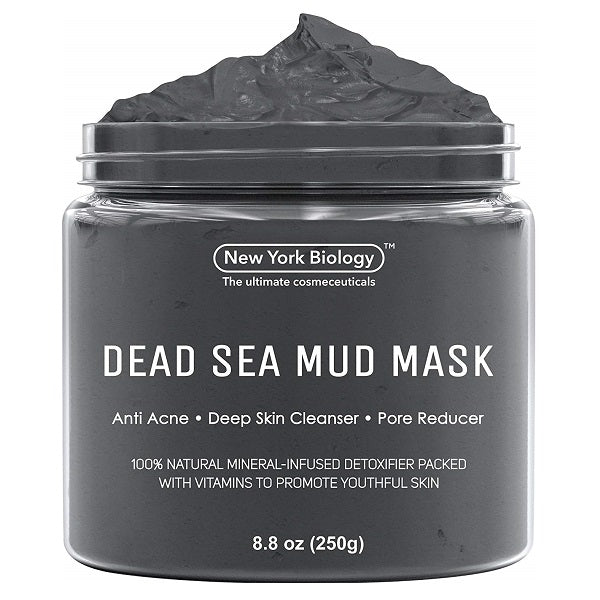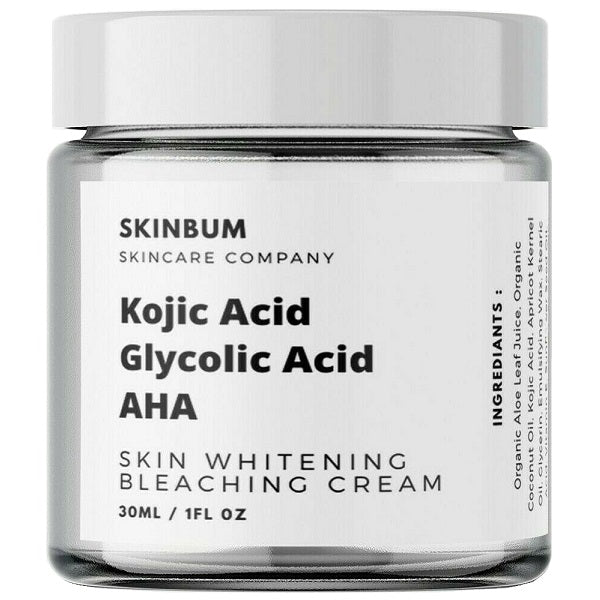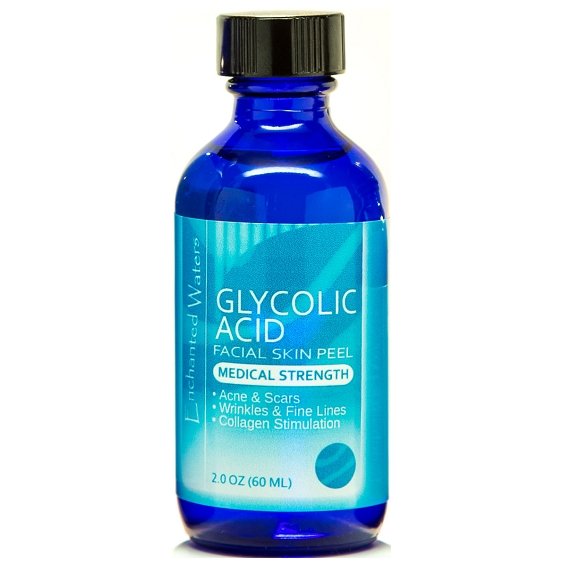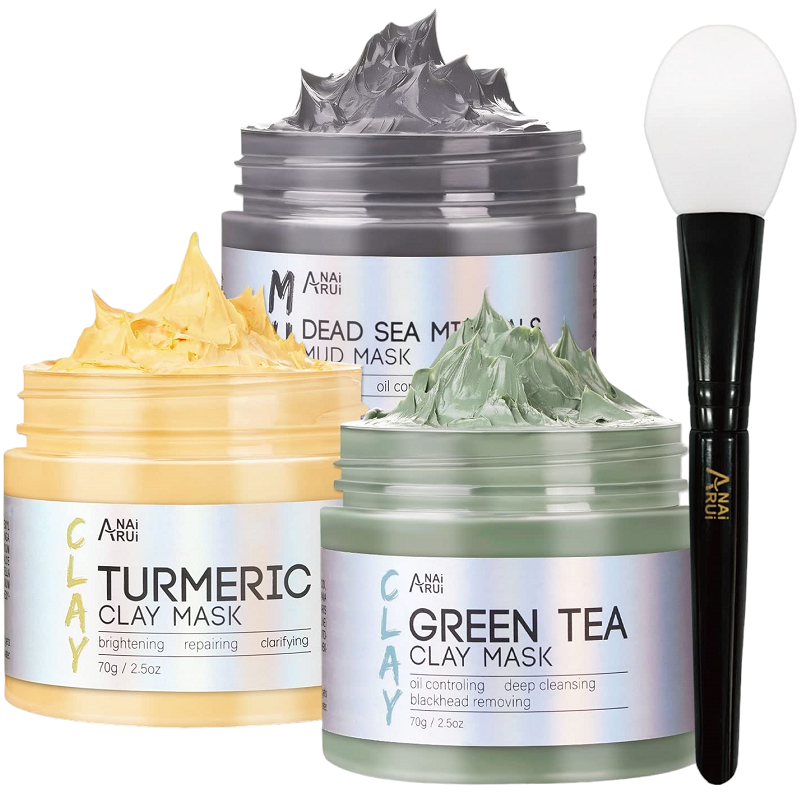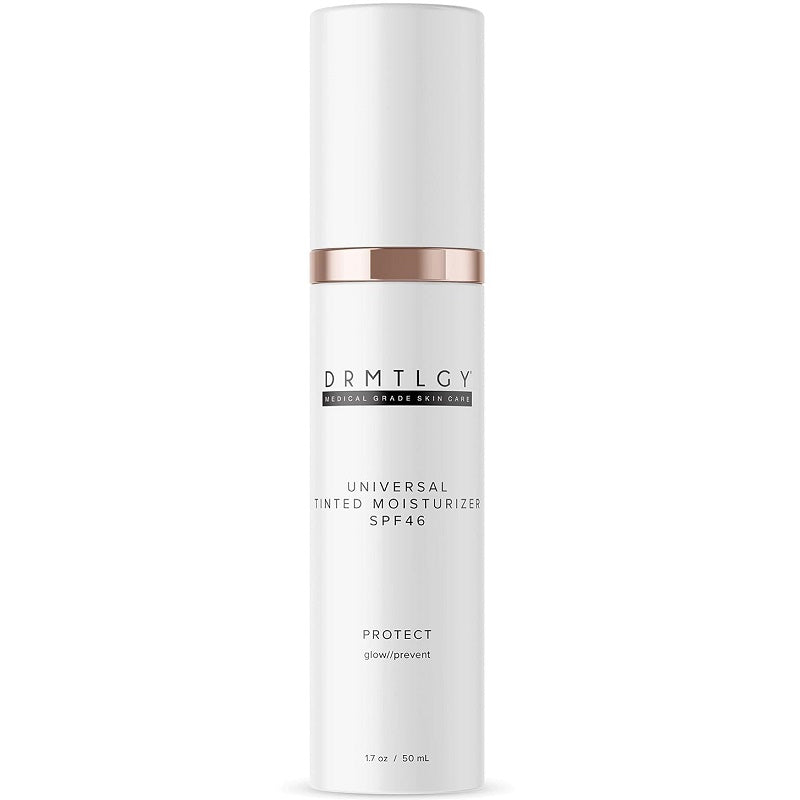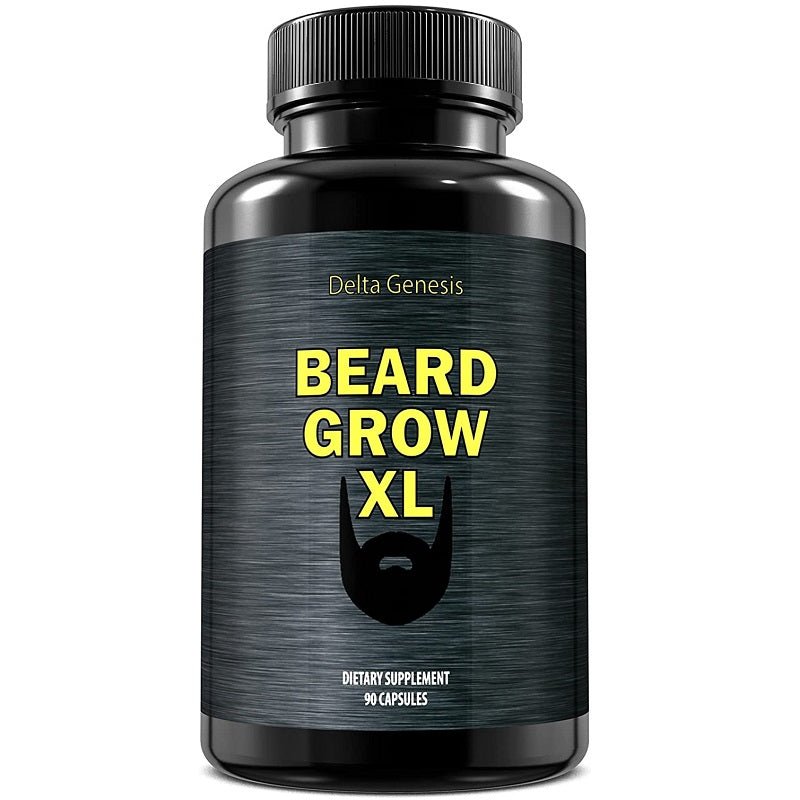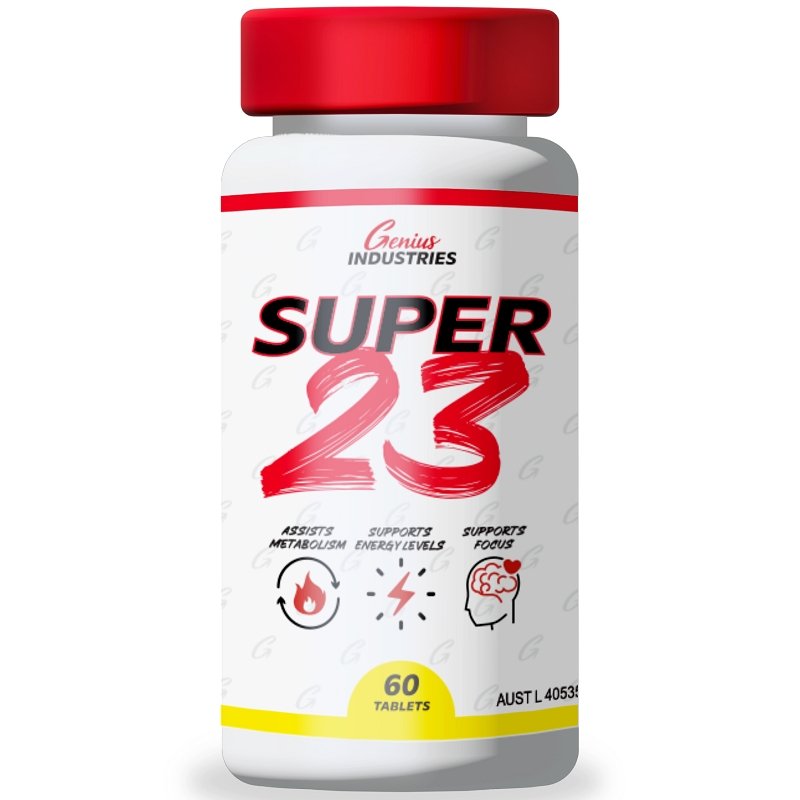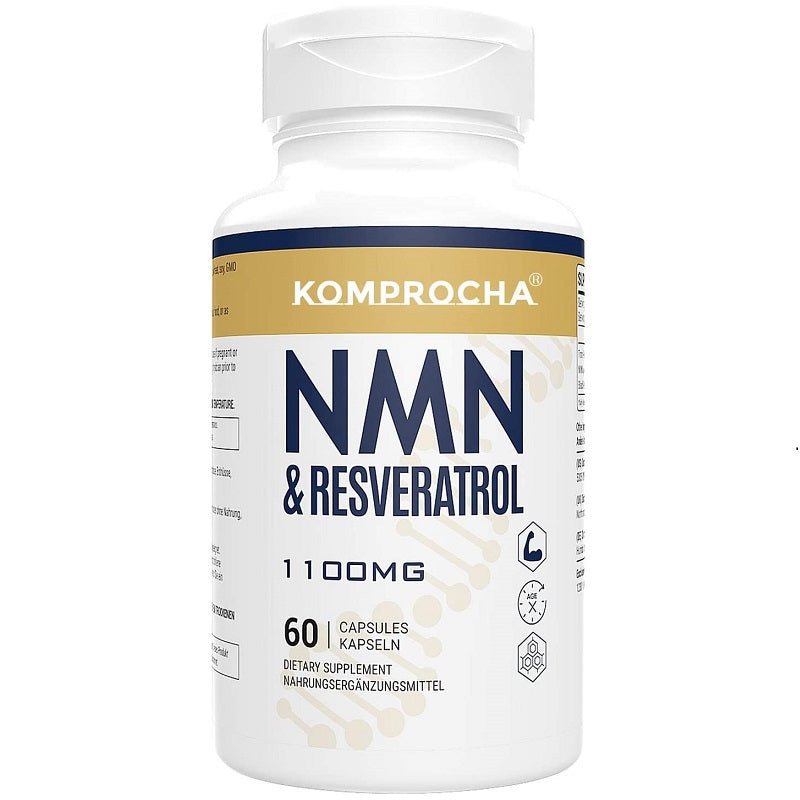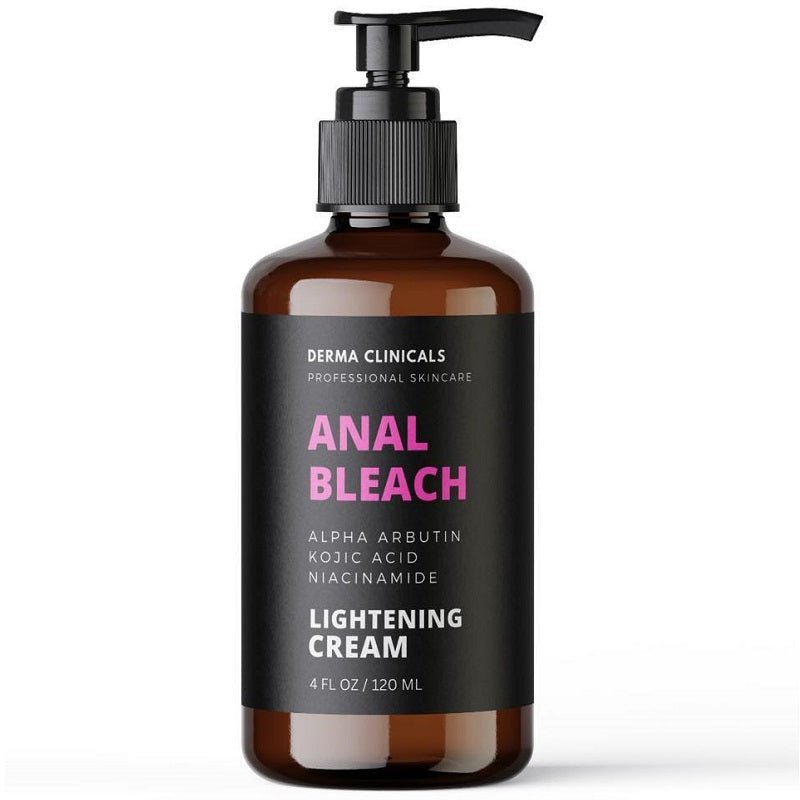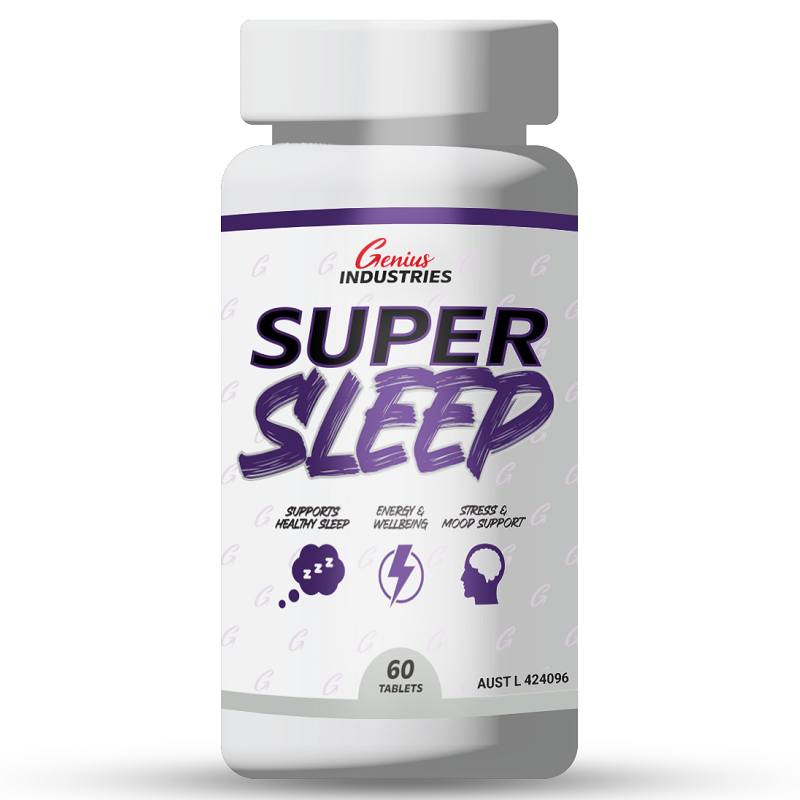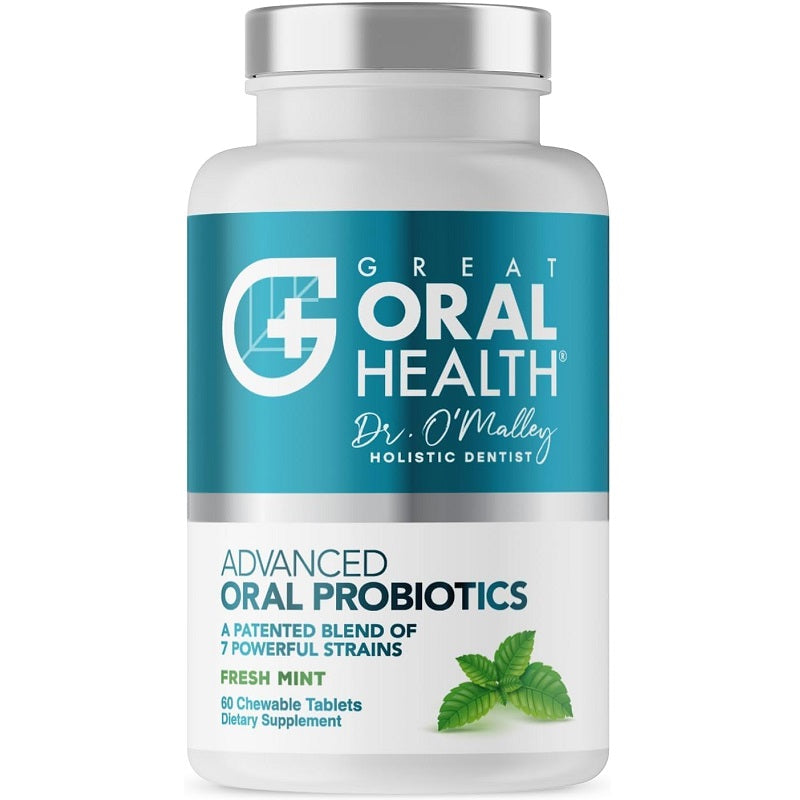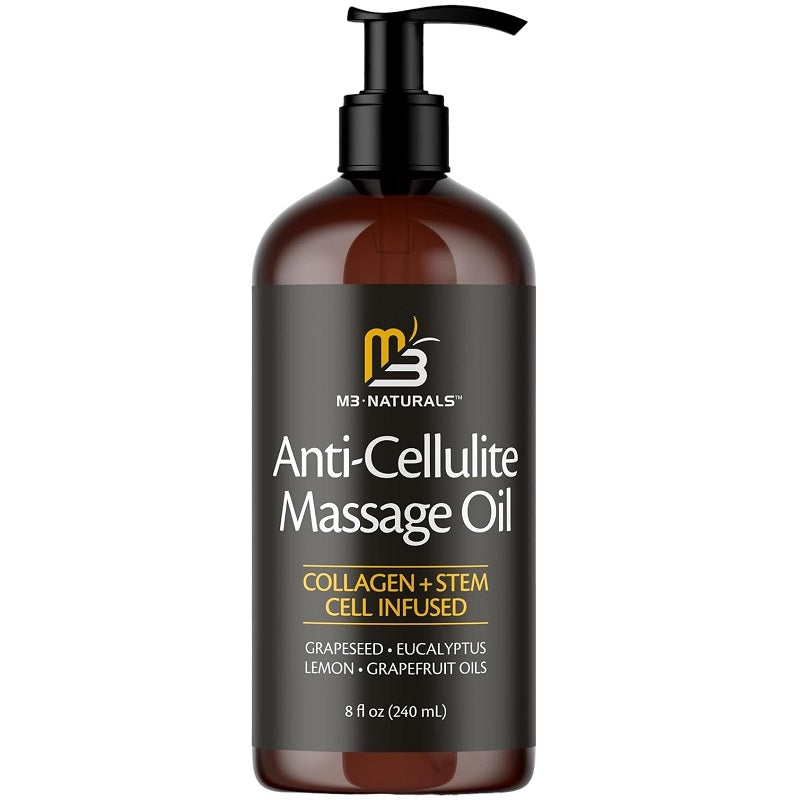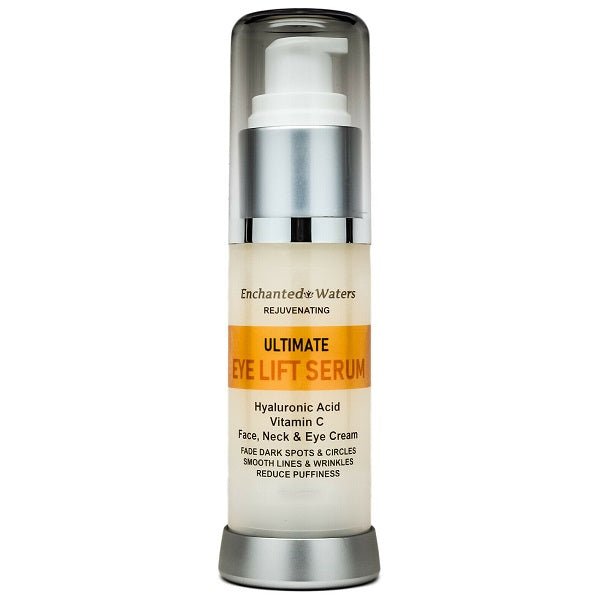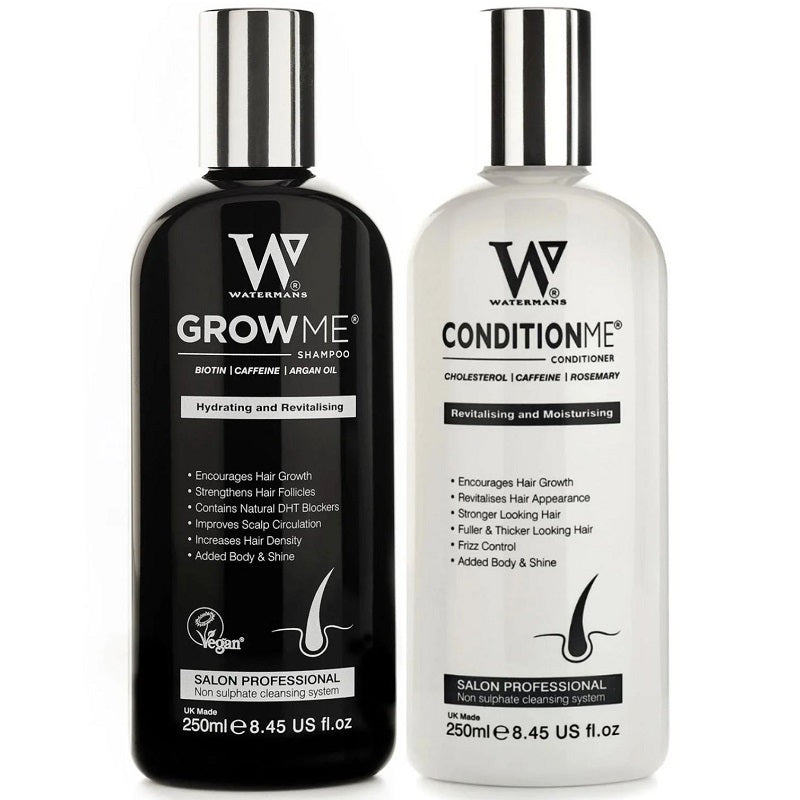What Dictates Skin Colour?
Melanin is the principal substance within the body that governs skin hue and shade. The greater the melanin our skin holds, the more profound our complexion will appear. Various elements can affect melanin synthesis, including genetics, exposure to sunlight, and hormonal fluctuations. Individuals with more melanin often exhibit darker skin, unlike those with a lesser quantity. The ensuing factors have an impact on skin colour (1).
Genetics:
Genetics assume the foremost and vital role in determining the melanin levels our skin will possess. If the parents bear darker skin, there's a strong likelihood that their offspring will also inherit increased melanin. Conversely, if the parents have a lighter complexion, one might have reduced melanin, resulting in a more pale or fair skin colour.
Sunlight:
The sun is also instrumental in shaping skin colour and melatonin creation. When our skin encounters sunlight, the body manufactures additional melanin to shield us from the detrimental UV rays. This explains why some individuals acquire a tan during summer, with more time spent outdoors (2).
Hormones:
Bodily hormones may also contribute to variations in skin colour throughout different life phases, like puberty or pregnancy. Hormonal shifts can influence melanin output, causing temporary alterations in skin shade. Even though the skin tone might undergo changes during various life stages, it remains largely consistent with the inherited melanin level in one's genes (3).
What Is Skin Lightening Cream?
Skin-lightening creams are topical concoctions created to curtail the production of melanin in the skin or minimise its transfer to the surface. These creams and gels in Australia contain potent ingredients to alleviate dark spots, hyperpigmentation, black patches, and other skin woes, resulting in a luminous and even complexion.
Crafted with a mix of organic components, these robust creams are tailored for usage on your face and entire body. They are designed to fit all skin kinds, from your neck to your underarms, inner thighs to knees, knuckles, legs, and feet. Bid farewell to dark spots and uneven skin tone as these skin-whitening creams strive to amend and lighten those areas, granting a radiant complexion and reducing age-related spots for a youthful gleam.
How Do Skin Whitening Creams Work?
Skin-lightening creams are infused with powerful active ingredients designed to bring out the best in your skin. Notable ingredients like kojic acid, alpha hydroxy acids (AHAs), and arbutin work harmoniously to manage melanin production, thereby reducing the appearance of dark spots and promoting a brighter complexion.
AHAs are particularly gentle on the skin, delicately exfoliating dead cells to reveal the underlying freshness. On the other hand, arbutin acts as an adept melanin inhibitor. It interrupts the melanin production process, preventing the emergence of dark patches on the skin (5).
These robust ingredients work in tandem to address a variety of skin concerns. Whether it's pinpointing specific issues like age spots and acne scars or enhancing the skin's overall radiance, skin-lightening creams are your trusted companions. They pave the way to flawless skin, empowering you to showcase your natural beauty confidently.
Conditions Treated with Whitening Creams:
While skin whitening creams primarily aim to boost fair colour and avert dark spots, they include natural ingredients beneficial for preventing and healing certain skin conditions. Regular application of trusted creams can address the following:
Age Spots:
Also referred to as liver spots, these small, dark patches often appear on sun-exposed areas like the face, hands, and shoulders. Skin whitening creams rejuvenate the skin, imparting a youthful appearance.
Freckles:
Small brown skin marks caused by sun exposure can be faded, and their formation is prevented by skin lighteners.
Acne Scars:
Those dealing with post-acne dark spots may find skin-lightening creams valuable in diminishing these scars. Such creams assist in avoiding scars and acne blemishes that could mar important occasions.
Melasma:
Characterised by brown to grey-brown patches often seen on the face, especially during pregnancy or hormonal imbalances, these creams help avert melasma, maintaining healthier skin.
Post-Inflammatory Hyperpigmentation (PIH):
PIH, resulting from skin inflammation or injuries, leads to dark spots after healing. Skin lighteners can aid in reducing these marks.
Hormonal Imbalances:
Skin discolouration due to hormonal fluctuations during pregnancy or therapies can be addressed with whitening creams.
Risks Associated With Skin Lighteners
Skin-lightening creams can be potent for treating particular skin conditions, but they may come with associated side effects. A significant concern is the use of hydroquinone in some products, which can lead to potential side effects such as skin irritation, redness, and a condition known as ochronosis. This condition results in skin darkening and thickening. Given these concerns, it's crucial to utilise skin lighteners with extreme care and preferably under the guidance of a dermatologist or healthcare professional. If you have an underlying skin condition, it's vital to consult with a healthcare provider before applying a skin cream (6).
Special Precautions When Using a Skin Lightener
If you're contemplating the use of a skin whitening cream, taking specific precautionary steps will ensure both safe and effective application:
Consult a Dermatologist:
Seek the advice of a dermatologist before using any skin-lightening product to pinpoint the most suitable treatment for your unique skin type and condition.
Patch Test:
Carry out a patch test on a discreet area of your skin prior to applying the product on larger expanses. This will assist in identifying any potential allergic reactions or irritations.
Follow Instructions:
Adhere strictly to the instructions provided by the product manufacturer to guarantee safe and effective usage.
Sun Protection:
Avert skin damage and further darkening of spots by consistently applying sunscreen with high SPF and minimising sun exposure, especially whilst utilising skin lighteners.
Limit Duration of Use:
Eschew the use of hydroquinone-based products for prolonged durations. Short-term and intermittent use is frequently advocated to lessen the risk of adverse effects.
Monitor Skin Changes:
Scrutinise any changes in your skin whilst using skin lighteners. If you detect any unfavourable reactions or unforeseen effects, cease use and seek guidance from a healthcare professional.
Summary
Skin whitening creams can be advantageous in addressing and treating skin discolourations and achieving a more even complexion. These creams function effectively by inhibiting melanin production and lessening the appearance of dark spots and hyperpigmentation. However, a cautious approach is required due to potential side effects tied to certain active ingredients. Prior to commencing any skin-lightening treatment, it's wise to obtain direction from a dermatologist to ensure safe and appropriate application. Consulting your healthcare provider before selecting and initiating a skin-lightening cream will help to avert any side effects. Furthermore, embracing sun protection and lifestyle adjustments will foster healthy, glowing skin in the long term.
References:
1. Schlessinger DI, Anoruo M, Schlessinger J. Biochemistry, Melanin. StatPearls. Published online May 1, 2023. Accessed August 7, 2023. https://www.ncbi.nlm.nih.gov/books/NBK459156/
2. Webb AR, Kazantzidis A, Kift RC, Farrar MD, Wilkinson J, Rhodes LE. Colour Counts: Sunlight and Skin Type as Drivers of Vitamin D Deficiency at UK Latitudes. Nutrients. 2018;10(4). doi:10.3390/NU10040457
3. Rasmussen N, Nelson F, Govitrapong P, Ebadi M. The actions of melanin and melanocyte-stimulating hormone (MSH). Neuroendocrinol Lett. 1999;20(5):265-282.
4. Gad SC, Pham T. Hydroquinone. Encycl Toxicol Third Ed. Published online May 1, 2023:979-981. doi:10.1016/B978-0-12-386454-3.00855-1
5. Sethi A, Kaur T, Malhotra SK, Gambhir ML. Moisturizers: The Slippery Road. Indian J Dermatol. 2016;61(3):279. doi:10.4103/0019-5154.182427
6. Moghimipour E. Hydroxy Acids, the Most Widely Used Anti-aging Agents. Jundishapur J Nat Pharm Prod. 2012;7(1):9. doi:10.5812/jjnpp.4181
